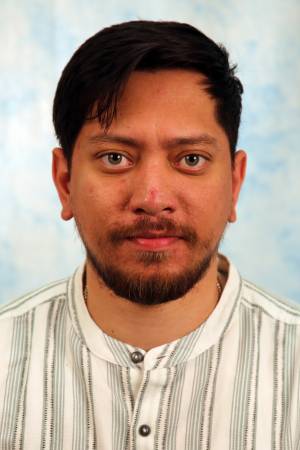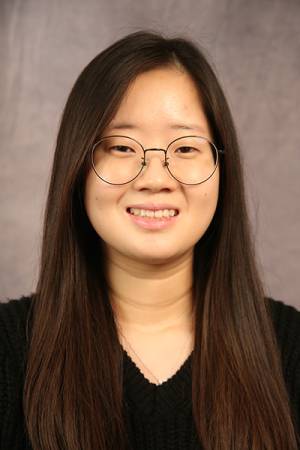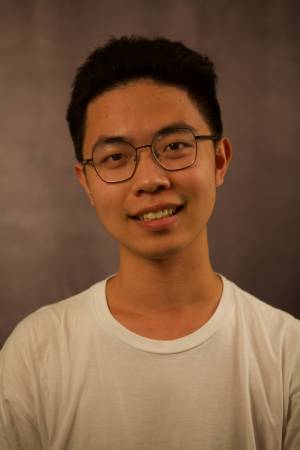MSR Thesis Defense
Efficient Quadruped Mobility: Harnessing a Generalist Policy for Streamlined Planning
Abstract: Navigating quadruped robots through complex, unstructured environments over long horizons remains a significant challenge in robotics. Traditional planning methods offer guarantees such as optimality and long-horizon reasoning, while learning-based methods, particularly those involving deep reinforcement learning (DRL), provide robustness and generalization. In this thesis, we present S3D-OWNS (Skilled 3D-Optimal Waypoint Navigation System), a novel [...]
Autonomous Sensor Insertion and Exchange for Cornstalk Monitoring Robot
Abstract: Interactive sensors are an important component of robotic systems but often require manual replacement due to wear and tear. Automating this process can enhance system autonomy and facilitate long-term deployment. We developed an autonomous sensor exchange and maintenance system for an agriculture crop monitoring robot that inserts a nitrate sensor into cornstalks. A novel [...]
Multi-Resolution Informative Path Planning for Small Teams of Robots
Abstract: Unmanned aerial vehicles can increase the efficiency of information gathering applications . A key challenge is balancing the search across multiple locations of varying importance while determining the best sensing altitude, given each agent's finite operation time. In this work, we present a multi-resolution informative path planning approach for small teams of unmanned aerial [...]
Vision-Language Models for Hand-Object Interaction Prediction
Abstract: How can we predict future interaction trajectories of human hands in a scene given high-level colloquial task specifications in the form of natural language? In this paper, we extend the classic hand trajectory prediction task to two tasks involving explicit or implicit language queries. Our proposed tasks require extensive understanding of human daily activities [...]


